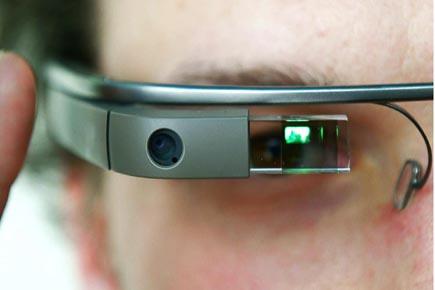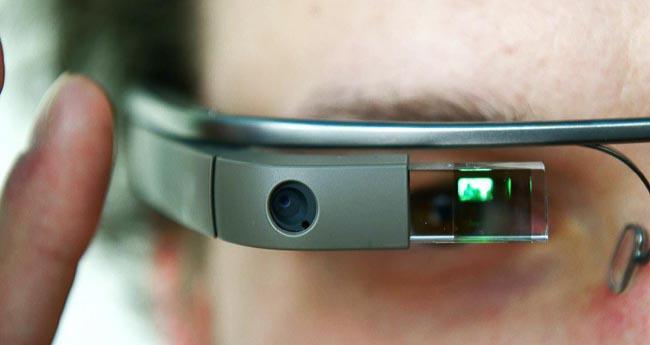The blind population in India is estimated to rise to 15 million by 2020. Retinal diseases account for a significant share of the vision loss burden, compared to other eye-related diseases that can cause blindness


Representational picture
ADVERTISEMENT
Eye health is one of the most ignored topics in the health domain. Eye-related diseases - especially Retinal Diseases like Age-related macular degeneration (AMD) and Diabetic macular edema (DME) - are disabling.
The blind population in India is estimated to rise to 15 million by 2020. Retinal diseases account for a significant share of the vision loss burden, compared to other eye-related diseases that can cause blindness.
Of the various retinal disorders, AMD and DME are two progressive diseases that cause loss of vision. These disorders can be effectively managed if patients are diagnosed in a timely manner. Therefore, it is important to understand the underlying symptoms associated with the diseases to identify the disease at an early stage.
The symptoms of retinal diseases may vary depending on the type of retinal disorder. However, most of the symptoms overlap each other or are common in various diseases. For example:
- blurred or fuzzy or distorted vision
- impaired colour vision
- decreased contrast or colour sensitivity
- experiencing dark spots in vision
- straight lines that appear wavy or crooked
- difficulty seeing at a distance
- vision loss
'Retina is that part of the eye where the final vision is formed, the way it is created on a film inside a camera. If the retina is damaged, the vision is automatically affected,' said Dr. Ajay Dudani, Ophthalmologist and Eye and Vitreoretinal Surgeon, Bombay Hospital.
AMD affects the macula of the retina causing damage to the centre vision AMD is one of the important causes of severe visual loss in the elderly population. It constitutes to 8.7% of blindness in the world.
'The severity of Diabetic Retinopathy is related to the duration of Diabetes Mellitus (DM). A person suffering from DM for a period of 10 years has 50% risk of getting diagnosed with Diabetic Retinopathy whereas if the duration increases to 20 years the rate ratchets up to 90%. Similarly, poor diabetes control leads to rapid progression of DR,' he added.
Diabetic Retinopathy damages blood vessels inside the retina at the back of the eye. It constitutes 4.8% of blindness in the world. Diabetic Retinopathy leads to Diabetic Macular Edema (DME) which is the most common form of DR. It occurs when the damaged blood vessels swell and leak into the macula of the retina causing visibility problem in the normal vision.
'Retinal diseases like age-related macular degeneration and diabetic macular edema are progressive conditions that can be managed effectively if diagnosed in a timely manner. Therefore, it is vital to seek expert advice as soon as one experiences the symptoms. Timely diagnosis can help slow the disease progression,' said Dr. Raja Narayanan, Head of Clinical Research, L.V. Prasad Eye Institute, Hyderabad.
Patients need to be alert in recognizing early signs and symptoms of retinal diseases. Most often, the symptoms of AMD are confused with old age. Diabetics are advised to visit an ophthalmologist/retinologist every six months, as they are at a higher risk of developing diabetic retinopathy. Early detection of AMD and DME increases the possibility of preventing vision loss.
Today, there are treatments available that can slow or halt disease progression. Some of the treatment options available in India include laser photocoagulation, anti-VEGF (Vascular Endothelial Growth Factor) injections and combination therapy, which include laser and anti-VEGF treatment.
Preventive measures for diabetics
- Patients suffering with diabetes should visit the Ophthalmologist every 6 months and not miss scheduled appointments
- Patients should be alert and aware of DME symptoms like blurred or fuzzy vision, straight lines that appear wavy or crooked, colour sensitivity, blind spots in central vision etc and visit the specialist immediately if they experience any change in vision
- Adhere to the treatment protocol as advised by your doctor
- Regularly monitor your sugar levels to effectively manage diabetes
- If you smoke, consult your doctor about a cessation program and work towards quitting
- Maintain a healthy body weight and maintain a balanced diet
- Exercise regularly to avoid high blood pressure and elevated cholesterol
Catch up on all the latest Crime, National, International and Hatke news here. Also download the new mid-day Android and iOS apps to get latest updates
This story has been sourced from a third party syndicated feed, agencies. Mid-day accepts no responsibility or liability for its dependability, trustworthiness, reliability and data of the text. Mid-day management/mid-day.com reserves the sole right to alter, delete or remove (without notice) the content in its absolute discretion for any reason whatsoever
 Subscribe today by clicking the link and stay updated with the latest news!" Click here!
Subscribe today by clicking the link and stay updated with the latest news!" Click here!






